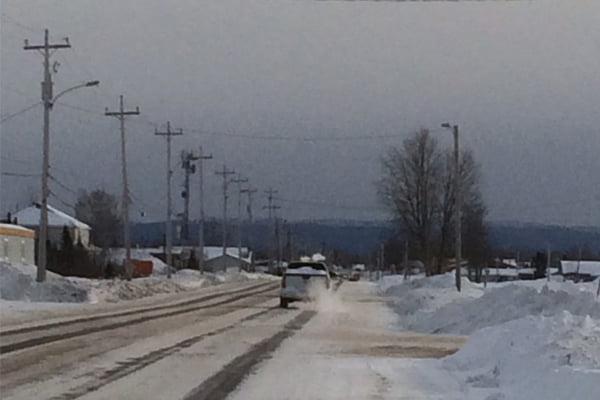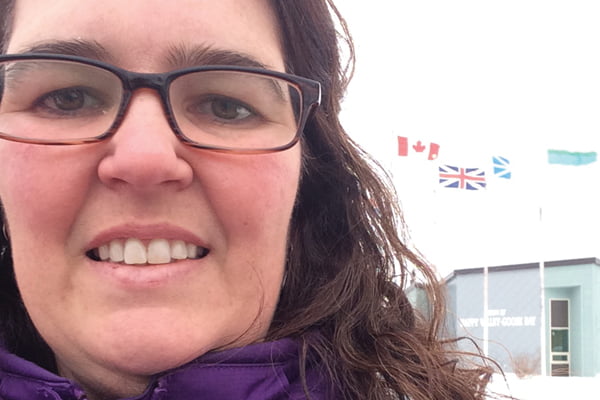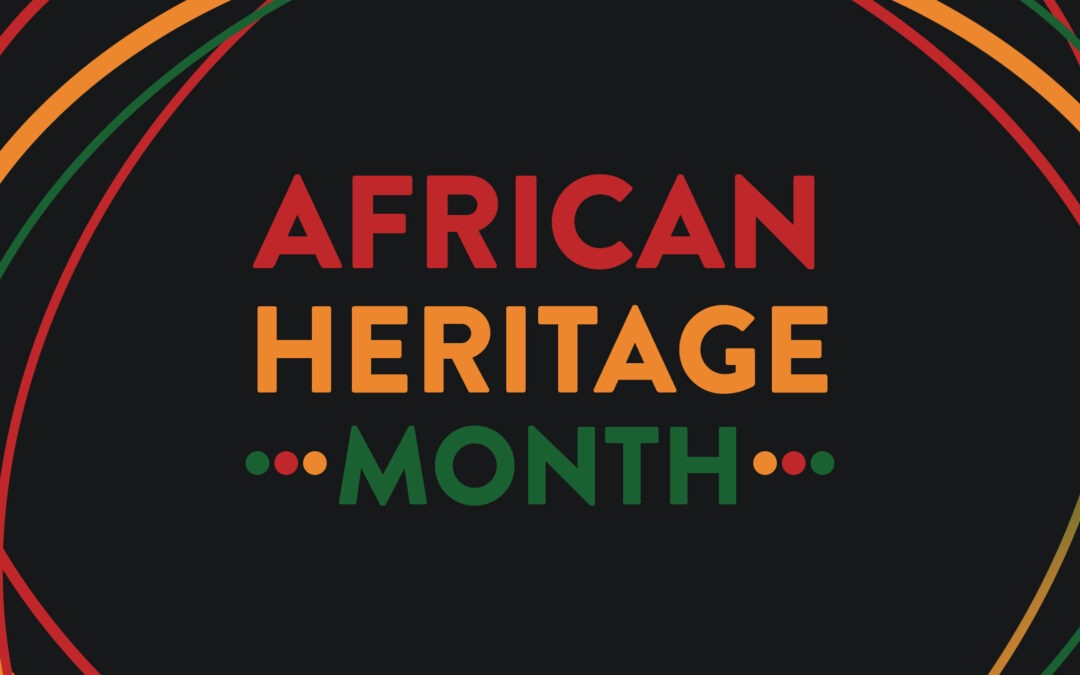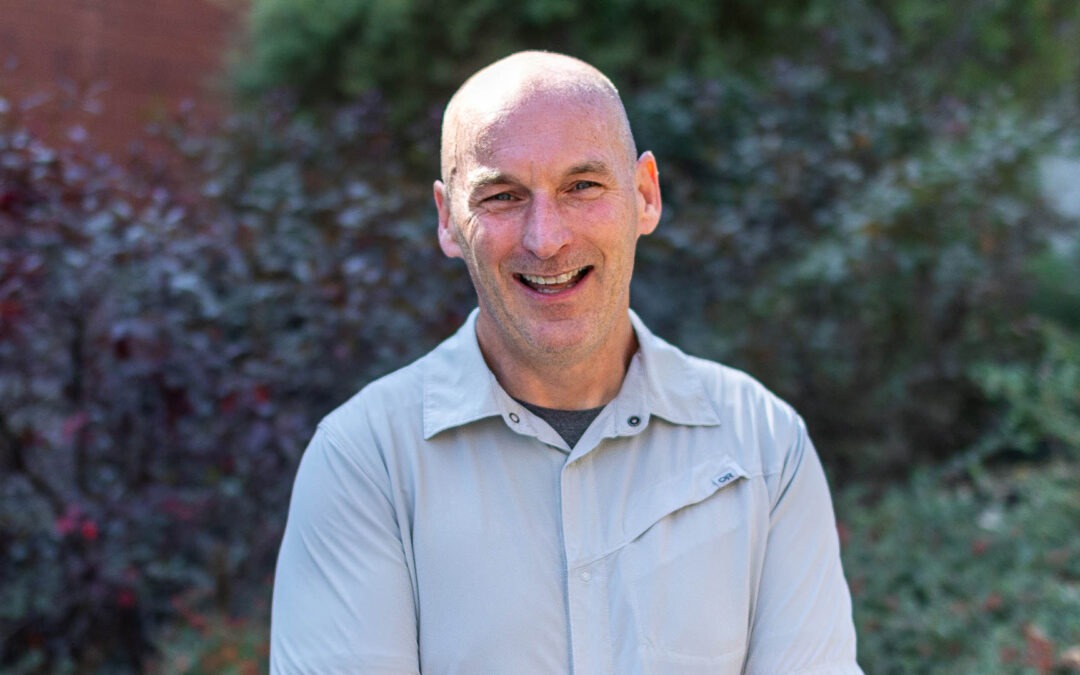 We all hear common phrases no matter where we go, phrases, like, “Nice day,” or, “The weather is horrible,” or just a general, “Hey, how are you?” As we have transitioned to living “up north” to most of you, we hear these phrases in addition to our own local talk. Most weekends are consumed with discussion around snowmobiling, snowshoeing, or going to the cabin for a “mug up.” However, there are other more serious issues that are topics of conversation most every day. Stories of suicide, drug and alcohol abuse, and intergenerational trauma are also common. This is probably no surprise to you, as that is a common theme in the news when we hear of the aboriginal population. However, it becomes even more personal and more real when you know the people.
We all hear common phrases no matter where we go, phrases, like, “Nice day,” or, “The weather is horrible,” or just a general, “Hey, how are you?” As we have transitioned to living “up north” to most of you, we hear these phrases in addition to our own local talk. Most weekends are consumed with discussion around snowmobiling, snowshoeing, or going to the cabin for a “mug up.” However, there are other more serious issues that are topics of conversation most every day. Stories of suicide, drug and alcohol abuse, and intergenerational trauma are also common. This is probably no surprise to you, as that is a common theme in the news when we hear of the aboriginal population. However, it becomes even more personal and more real when you know the people.
Labrador living, for me, has been a blessing. Although I have the benefit of family around me, I believe God called me here for a reason. I have the privilege to interact on a daily basis with youth who have been in foster care or in the custody of the Province. This gives me a unique perspective into the lives of the teenagers in this area.
The term intergenerational trauma may be a new one for you. I know I hadn’t heard of that term before I moved here. Essentially, it is the trauma that is passed down through generations. Some people wonder: how can this be? But, if you think about it, the life experiences that happened to your parents and grandparents shape who you are and influence how you grow up. Many of the youth that I see may have experienced their own trauma combined with the trauma that their parents experienced. The underlying problem then becomes how people deal with the trauma. Many parents and teens turn to drugs, alcohol, unhealthy relationships, and even suicide so they can cope or not even deal with the trauma at all.
Most of my experience here has been helping teens make positive life choices in the midst of their trauma and intergenerational trauma, combined with not necessarily having the support of family. My job provides me with the opportunity to provide support, but, more importantly, build relationships.
I have the opportunity to work with some awesome people. I see strength in these young people that helps them reach their goals despite their background. If I had to describe them all in one word, it would be resilient. I can’t imagine having to go through some of the major life events that most have had to endure and still remain hopeful of change. Some of these teens have no one but themselves to motivate them toward a career or to pursue their educational goals. I have told many of them to write a book about their life experiences because they can be an inspiration to others who have gone through tough times in life. I believe this resiliency is reflected in the culture all around the youth here. Many of their ancestors grew up living off of the land for food, shelter, and their way of life. I think that this passion to survive through the cold days of winter and adapting to their surroundings has translated into their emotional survival. They are turning the intergenerational trauma into a desire to adapt in their own way to thrive in their current situation.
Unfortunately, they sometimes still have to deal with ongoing pain. Most of the teens I work with have lost friends and/or family to suicide. Suicide, drugs, and alcohol still are a major concern for all the youth in this area. There is still a lot of hurt, and many do not find a healthy way to cope with their loss or trauma. Please continue to pray for the youth of this area; pray that they will access resources to help with their pain and loss.
I daily lean on the promise found in Romans 8:38,39: “… neither death nor life, neither angels nor demons, neither the present nor the future, nor any powers, neither height nor depth, nor anything else in all creation, will be able to separate us from the love of God.” This is the hope that I stand on when ministering to each young person.
Article reposted with permission and originally published in Tidings March edition, the UBWMU/Atlantic Baptist Women’s magazine. More info about Tidings and the ABW can be found here: http://www.atlanticbaptistwomen.ca.
 Written by Rev. Kim Beers. She is married to Rev. Jonathan Beers, pastor of Northern Cross Community Church in Happy Valley-Goose Bay, Labrador. They have two children, Katelyn (13) and Noah (11). The Beers family moved to Happy Valley-Goose Bay, NL, in October 2013. Kim works as a life skills coordinator/social worker assistant with the Government of Newfoundland and Labrador, Child and Youth Service Branch.
Written by Rev. Kim Beers. She is married to Rev. Jonathan Beers, pastor of Northern Cross Community Church in Happy Valley-Goose Bay, Labrador. They have two children, Katelyn (13) and Noah (11). The Beers family moved to Happy Valley-Goose Bay, NL, in October 2013. Kim works as a life skills coordinator/social worker assistant with the Government of Newfoundland and Labrador, Child and Youth Service Branch.




